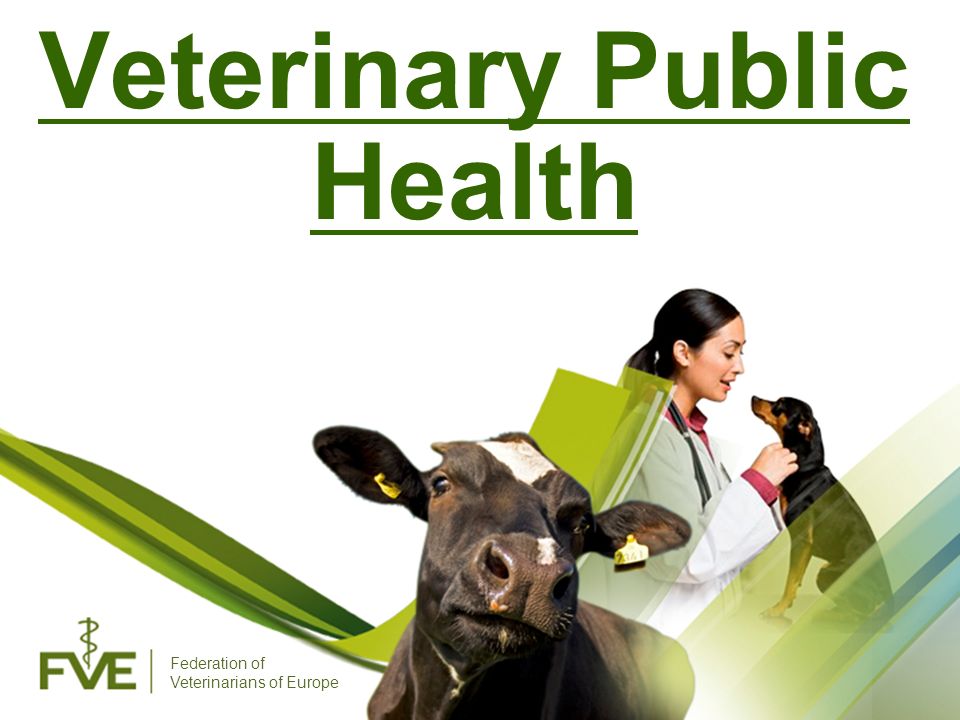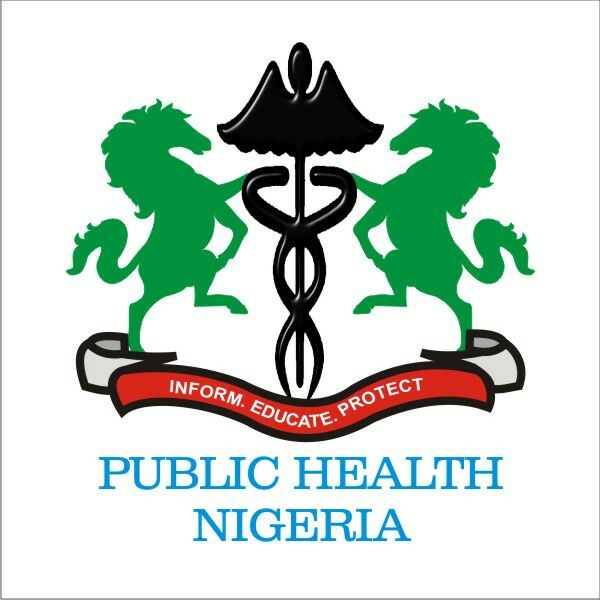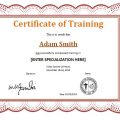The term ‘public health veterinarian’ can be a little bit difficult to grasp, largely because most people think of vets as only working with animals – giving their dogs or cats their rabies shots, spaying them, and so on. But a public health veterinarian is a unique position within the field and one that has a lot of rewards to offer. If you’re not entirely sure just what the job entails, keep reading to learn more.
What Is a Public Health Veterinarian?
Essentially, a public health veterinarian is a licensed, highly trained professional who practices veterinary medicine but with a specific focus on protecting human and animal populations from disease and injuries caused by animal-related sources. The job can take on many forms, and those who work in the field will often have a wide range of responsibilities.
Duties of a Public Health Veterinarian
Duties may include:
- Consulting with local health officers and environmental health agencies on proper control of disease and potential outbreak risks.
- Gathering of data and analysis to determine risk factors related to infectious diseases transmitted from animals to people.
- Assisting or spearheading the investigation, control, and prevention of these diseases through different programs and interventions.
- Examination and control of food production and safety when food involves animal-related agriculture.
- Helping design and implement educational programs and resources that can reduce infections caused by these diseases.
- Helping work to monitor any potential issues that could become serious public health issues related to animals.
- Essentially, these professionals focus their efforts on preventing any kind of outbreak of disease or illness related to animals – especially animal to human disease. Good examples include avian flu outbreak investigation, rabies control, and more.
Nature of the Work
This position can be incredibly diverse in terms of job duties and what an average day involves. Public health veterinarians will spend time gathering data and reviewing information as well as preparing different strategies and plans for confronting potential health issues. They may also work with various other agencies during the process in order to enact policy changes. And fieldwork is a frequent task as well, with things like gathering specimens, administering vaccines, and more all being part of the job. Public health veterinarians will often find work in the public sector, working for federal, state, or local governments. However, private-sector jobs exist as well in various NGO settings.
Education and Training
To become a public health veterinarian in Nigeria will require the completion of a Veterinary medical degree leading to the award of the Doctor of Veterinary Medicine (DVM), this is followed by a public health program that leads to a Master’s of Public Health or Master’s of Public Health with a focus in Veterinary medicine. Many schools offer including the Usmanu Danfodiyo University based in Sokoto Northwest, Nigeria offer this program.
In addition, there are several national and international training opportunities for public health veterinarians to sharpen their skills and update their knowledge.
Licenses, Certifications, and Registrations
Veterinarians must be licensed in order to practice in Nigeria. Licensing requirements, procedures, and examinations are conducted by the Veterinary Council of Nigeria (VCN). The Veterinary Council of Nigeria (VCN), is charged with the responsibility of coordinating and overseeing the practice of the Veterinary profession in Nigeria. These include determining what standards of knowledge and skills are to be attained by persons seeking to be registered as Veterinary Surgeons under the enabling act (Decree No. 37 of 1969 and Decree No 40 [Amendment] of 1987) and raising the standards from time to time as circumstances may permit. In accordance with the act, the Council is also empowered to establish and maintain a Register of persons registered under the act as Veterinary Surgeons and to publish the list of people so registered from time to time. Veterinarians working for the state or federal government may not be required to have a state license, because each agency has different requirements.
Important Qualities of a Public Health Vet
Compassion: Veterinarians must be compassionate when working with animals and their owners. They must treat animals with kindness and respect, and must be sensitive when dealing with the animal owners.
Communication skills: Strong communication skills are essential for veterinarians, who must be able to discuss their recommendations and explain treatment options to animal owners and give instructions to their staff.
Decision-making skills: Veterinarians must decide the correct method for treating the injuries and illnesses of animals. For instance, deciding to euthanize a sick animal can be difficult.
Management skills: Management skills are important for veterinarians who manage private clinics or laboratories, or direct teams of technicians or inspectors. In these settings, they are responsible for providing direction, delegating work, and overseeing daily operations.
Manual dexterity: Manual dexterity is important for veterinarians because they must control their hand movements and be precise when treating injuries and performing surgery.
Problem-solving skills: Veterinarians need strong problem-solving skills because they must figure out what is ailing animals. Those who test animals to determine the effects of drug therapies also need excellent diagnostic skills.






